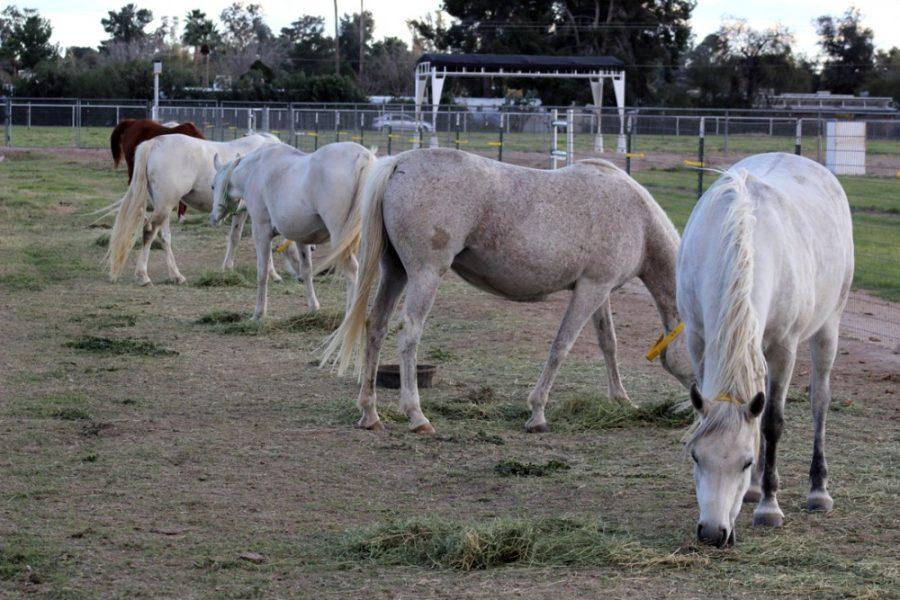UA scientists Rod Wing and Doug Taren will host an informal discussion on genetically modified organisms and food security to address concerns on health and livelihood today at Gentle Ben’s Brewing Company from 5:30-7:30 p.m.
Wing’s expertise is in genomic biology that focuses on feeding the planet, whereas Taren is an expert in international programs on food security and nutrition. Both researchers aim to use this event as a social hour to address students’ questions they may have regarding food security.
Taren explained that, when it comes to food, GMOs are plants that have been genetically modified by introducing a planned change into their DNA. These changes are man-made and have not occurred through hybridization between plants. Often, genetic modifications may involve taking genetic material from one organism and introducing it to another organism.
“I think that [genetically modifying organisms] is a science that has potential to improve health,” Taren said, “and as a young science, there [is] still more information that we need to know. There have been some important accomplishments with GMO foods. … Science saved the papaya plant in Hawaii. It has helped produce more nutrient rich products. It has allowed less chemicals to be placed on plants, and [it] decreased direct chemical exposure to farm workers and families who live near GMO crops.”
The only negative point Taren said he sees regarding GMOs is that they still don’t know enough. He said that testing is done on the aftereffects of genetic modification, but there are still concerns about where the new genes may end up in the environment. Taren’s other main concern is about genetic material and seed ownership, and the short- and long-term benefits to small farmers who will need to buy seeds from companies.
Michael Omo, senior executive chef of the Arizona Student Unions, assures students that the meals sold on campus are nutritious and that the university buys ingredients that are good for the body. He mentioned that all the ingredients used inside campus meals are natural, fresh and grown in Los Angeles, Calif., or bought at farmers markets in LA.
Assistant professor Melanie Hingle, from the department of Nutritional Sciences, said there are pros and cons when it comes to GMOs and food security, but it ultimately depends on the individual. Hingle encourages students to keep themselves informed, because food security will always be an issue, and also said citizens of the world need to know where the issue will be in the next 20 to 30 years.
“I want people to walk away knowing the issues and [having] a better understanding of the science,” Taren said.
_______________
Follow Zayro Jimenez on Twitter.















